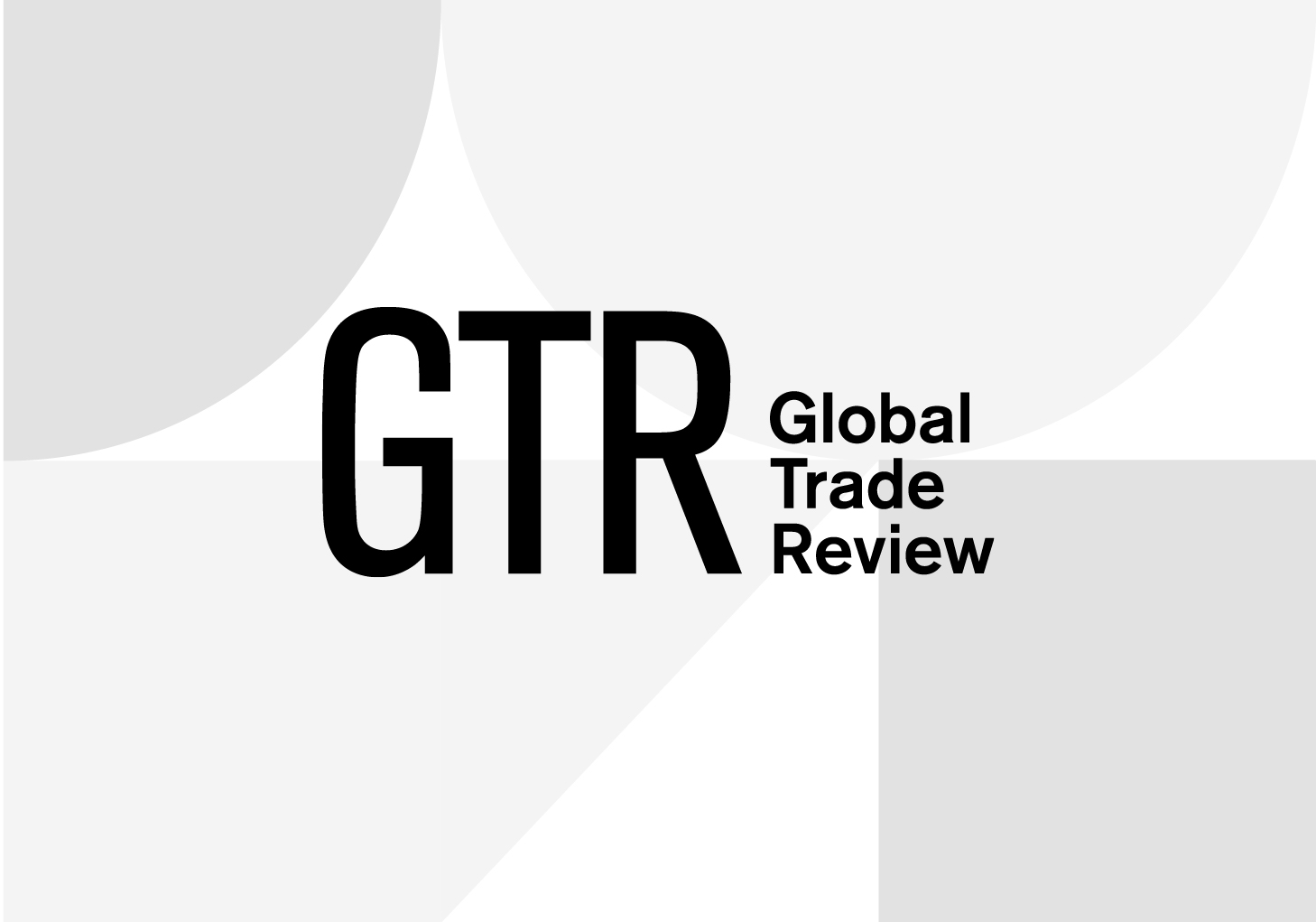Efforts to create a database on the level of defaults in trade finance are growing, following a meeting held in Brussels.
At the event hosted by the ICC Banking Commission at the end of November 2009, a variety of development banks, multilaterals, banking associations and commercial banks met to discuss how to record the performance of trade finance assets.
It has long been argued that a registry of trade finance defaults is needed to help release much-needed liquidity into the market.
The availability of trade finance has been reduced over the past year by the effects of the global financial crisis. However, many argue that the implications of the Basel II legislation have further hampered the market.
“Capital allocations for trade finance transactions under Basel II are considerably higher than under Basel 1,” explains Steven Beck, head of trade finance at the Asian Development Bank (ADB), and a major supporter of the register initiative.
“This continues to be a major problem in the trade finance community as it sucks out what capital is available to support trade, creating more of a capacity issue than otherwise would exist.”
Dan Taylor, vice-chair of ICC banking commission and chair of the ICC-ADB register working group, adds that as a result of current capital requirements under Basel II, the cost of providing traditional trade finance is high and this “doesn’t reflect what we believe to be the actual performance and loss experience”.
“By reducing the amount of capital allocated to these transactions it should reduce the cost of providing trade finance and, as a result, should help to stimulate more financing opportunities.”
ADB’s Beck adds: “The creation of this register sets out to demonstrate what we intuitively know – that trade finance carries a relatively low probability of loss compared to other forms of finance.”
Beck remarks that informal guesses suggest trade finance losses can be as low as 77 cents per US$1mn of trade transactions. Trade finance has historically been seen as a safer asset class. In countries going through debt restructurings, it is often the first type of debt to be repaid in full. Yet, to date, there are no hard data to support this argument.
After the Brussels meeting, a deadline of the end of March has been set for the submission of the historical trade finance statistics. The 10 participating commercial banks will have to compile data that tracks the performance of trade finance over the last five years.
Once collated by the ICC, a report will be presented to the Basel committee.
“We’ve had some informal discussions with the Basel committee and trust they will be open to the statistics we present,” comments Beck.
ICC’s Taylor is optimistic that the regulators will be ready to listen to their arguments: “In our preliminary discussions with regulators, and based on the experience of financial institutions with other areas of the Basel II framework, we believe that they will be open to change.
“these changes must be balanced and realistic and we believe that the creation of the registry will provide the specific data to demonstrate that this is the case with trade transactions.”
The efforts of Beck and the ICC are expected to be welcomed by the trade finance market. “The magnitude of the task and the willingness of banks to participate speaks to the importance of coming up with these statistics,” Beck observes.
The lack of statistical data on trade finance has long been a challenge for policy makers.
“Hopefully this register will go some way to addressing that information gap and unlocking a great deal of capital that can be used to support trade finance in the most challenging markets,” Beck comments.
Once compiled, the data will not only be of use to policymakers and regulators, but also for the financial institutions themselves, helping them support their internal applications for credit limits.
It would allow trade finance departments to demonstrate to their risk management departments what, if any, historical losses in trade finance have taken place in certain countries.
Beck elaborates: “When I was applying for limits on a number of different Pakistani banks – I heard anecdotally that there has not been a default on a short-term LC coming out of Pakistan – I have no hard evidence to say that is the case, it’s tough to argue for higher limits.”







